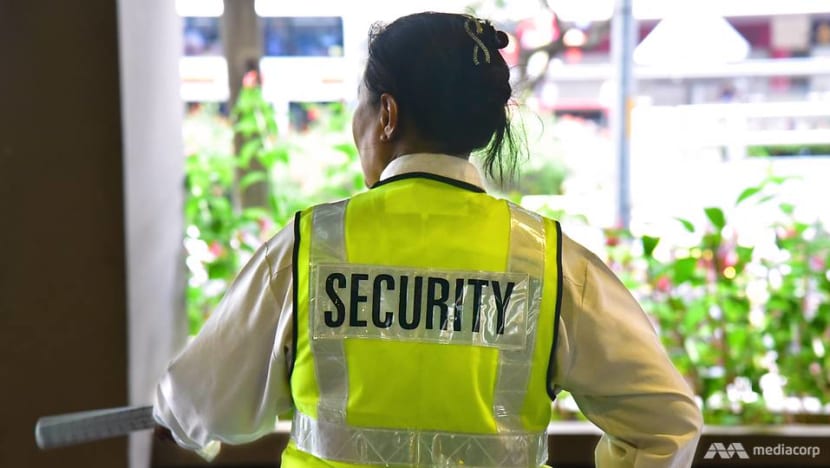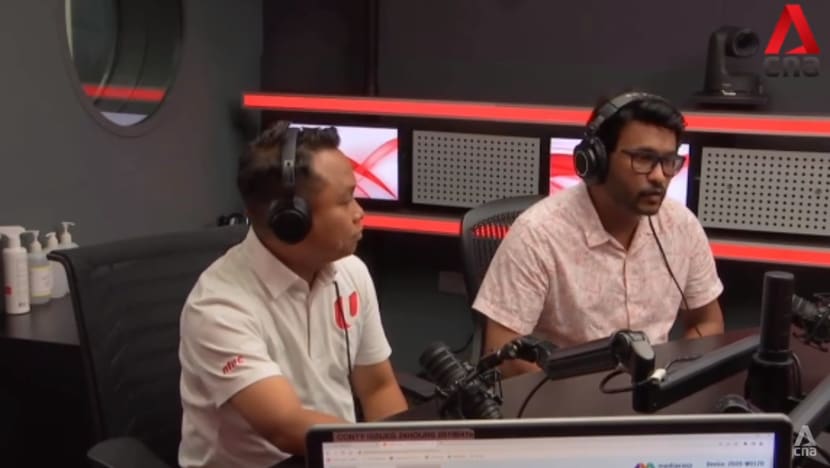SINGAPORE: Verbal abuse against security officers is common and technology is one way to tackle the problem, according to industry experts.
Abuse against security officers has been going on for a "very long time", said Mr Raj Joshua Thomas, president of Security Association Singapore. Verbal abuse is “very common” while physical abuse takes place from time to time, he said.
"It’s always been happening. It's not something that's new or something that just increased recently," he told CNA938’s Tech Talk on Friday (May 26).
Such ill-treatment of security personnel was once again in the spotlight earlier this month after a security officer was left injured following an alleged assault by a group of individuals at City Square Residences.

